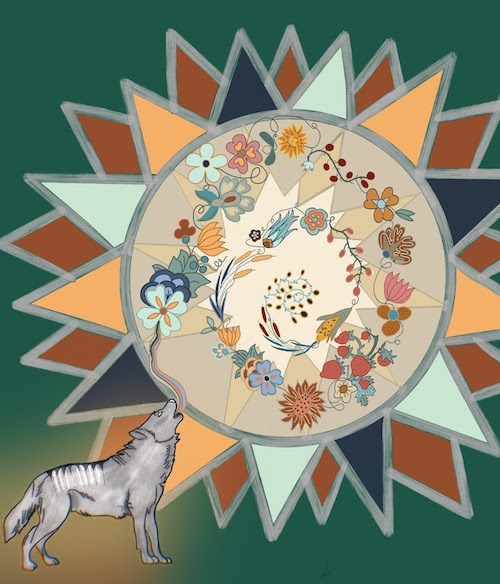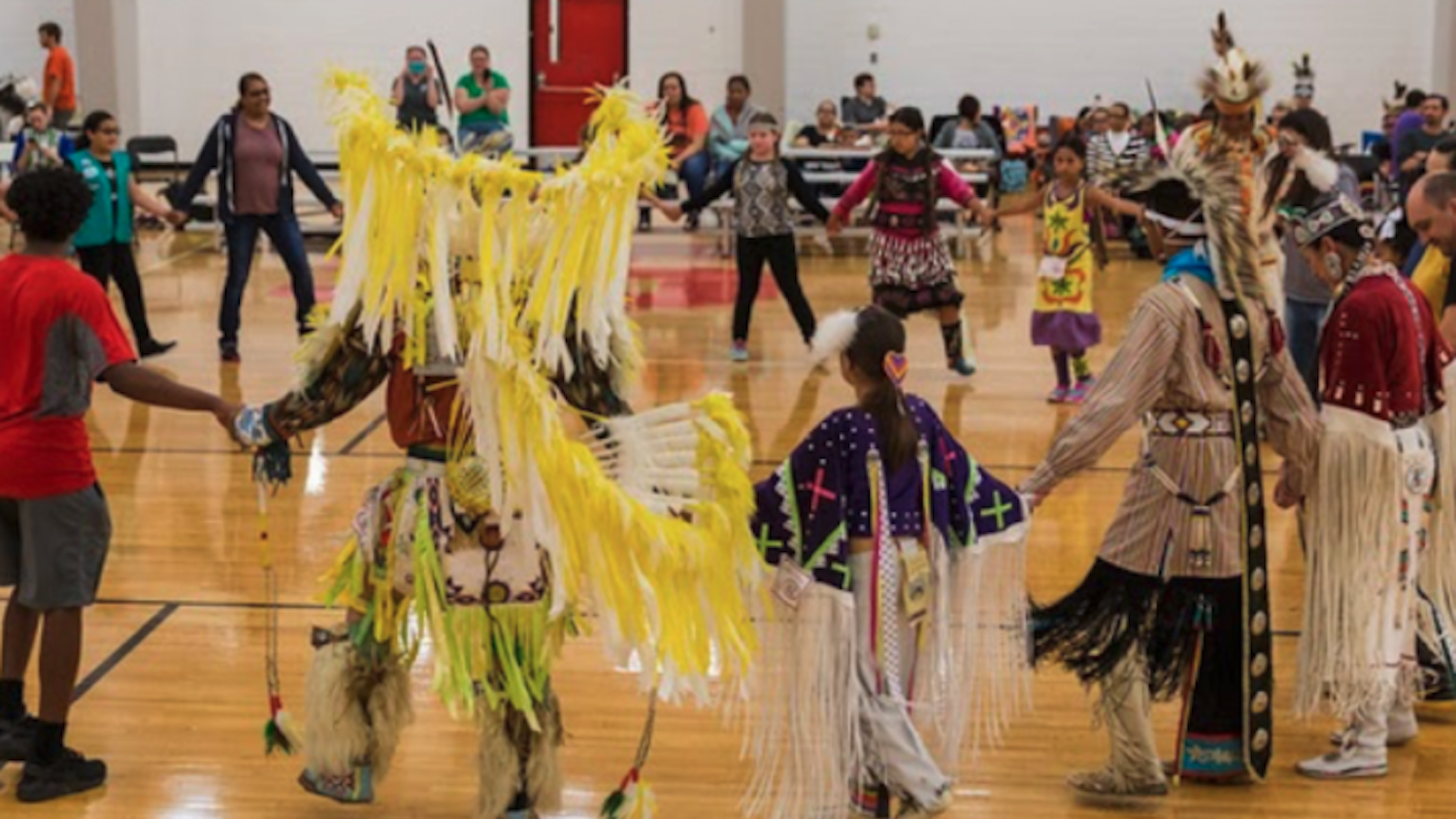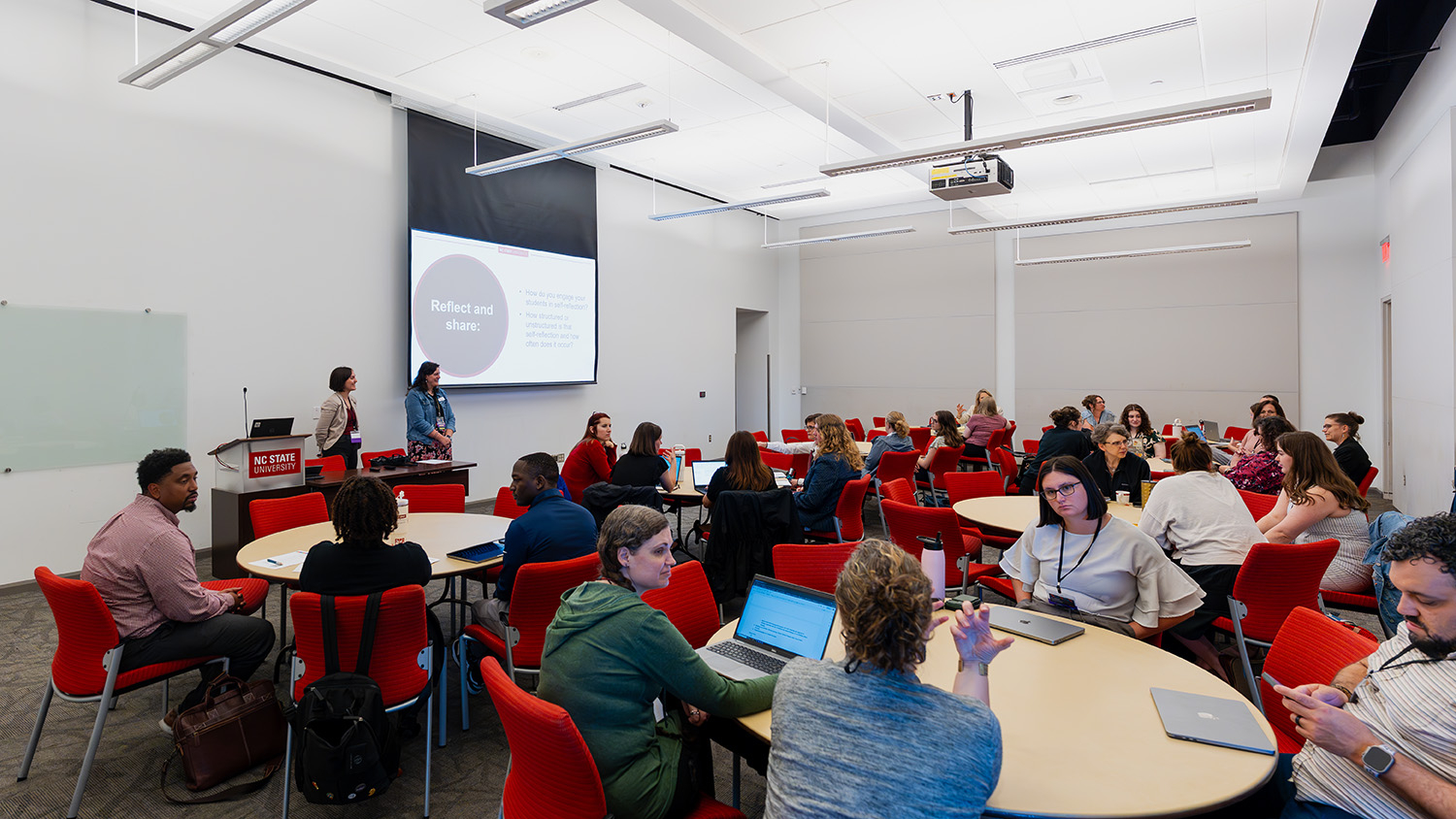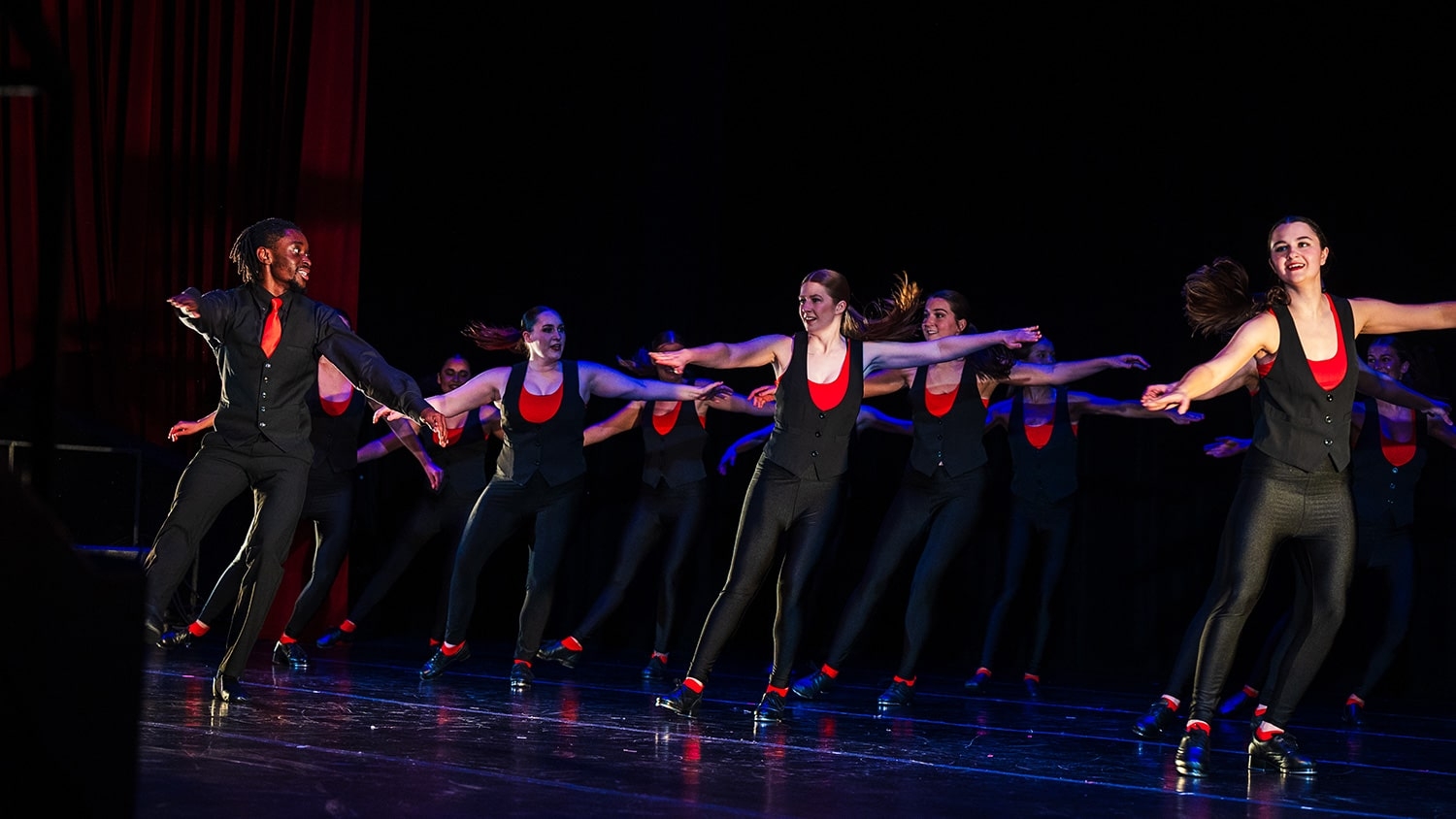Dear Poole Community,
This month we join the university community in the acknowledgement and celebration of Native American Heritage Month. On August 3, 1990, the month of November was recognized by President George H. W. Bush as Native American Heritage Month (NAHM). During this month, we take the time to recognize the people, culture, traditions, and sovereignty that exists for the peoples who resided over 14,000 years before this land became the modern United States.
The North Carolina land and territory we live on today is the ancestral homeland of many American Indian Tribes and Indigenous people that would have historically been identified as Siouan, Iroquoian or Algonquian. Learn more here: NC Commission on Indian Affairs.
At Poole College, we all can work to better understand how our history of colonization of indigenous peoples got us to where we are today. More importantly, becoming aware of themes and issues that our friends and colleagues who identify as Native American is an important part of creating an inclusive community.

This month in Nelson Hall we will have exhibits that will raise our awareness of the Lumbee Tribe and a current issue that threatens the vitality and existence of Native people. As you visit the three custom displays created by NC State Alumni, Chelsea Locklear ‘11, utilize the QR codes to hear from the artist and learn more about the symbolism and meaning included in her designs.
We will all gather outside in the PCJ Plaza on November 12th at 4pm to meet Chelsea and hear her inspirational testimony of becoming an entrepreneur as the founder of Scuffletown Suppliers- a Lumbee design retail line. Shop her site at: ScuffletownSuppliers.com or listen to her podcast at: The Red Justice Project.
Here are some additional ways you can learn on your own:
- Register to participate in the Spring 2022 Supported Reading group on Cultural Appropriation. This series will be a collection of articles and include a guest speaker.
- Register in the online self guide to Deepening Understanding of Indigeneity.
Over the next few weeks, I encourage you to investigate the issues that are important to Native American communities. Look for examples and case studies to include in work and classes. Acknowledge the first people who lived on the land and are still amongst us today.
Best,
Frank Buckless
Stephen P. Zelnak Jr. Dean
Poole College of Management
- Categories:



